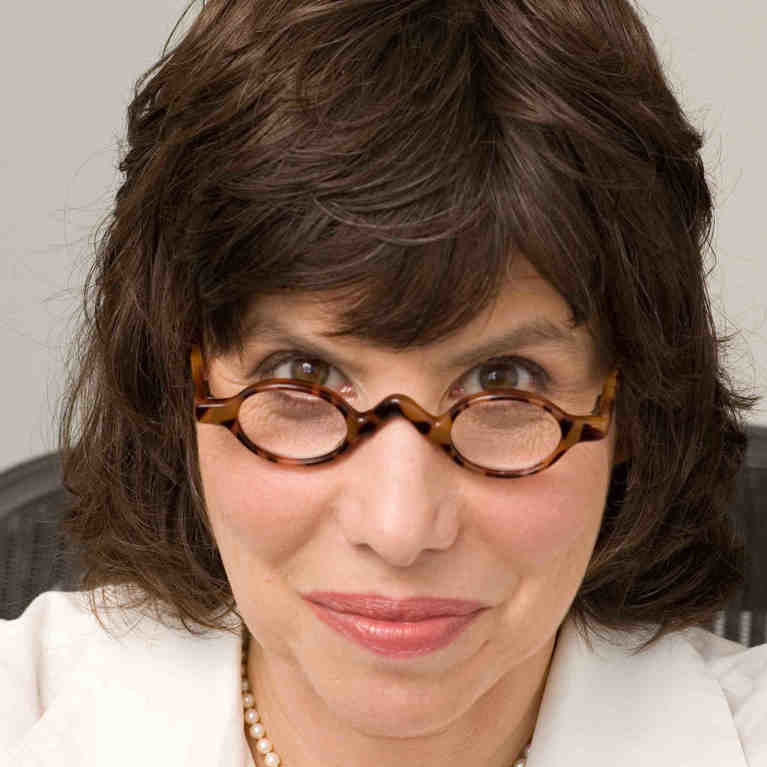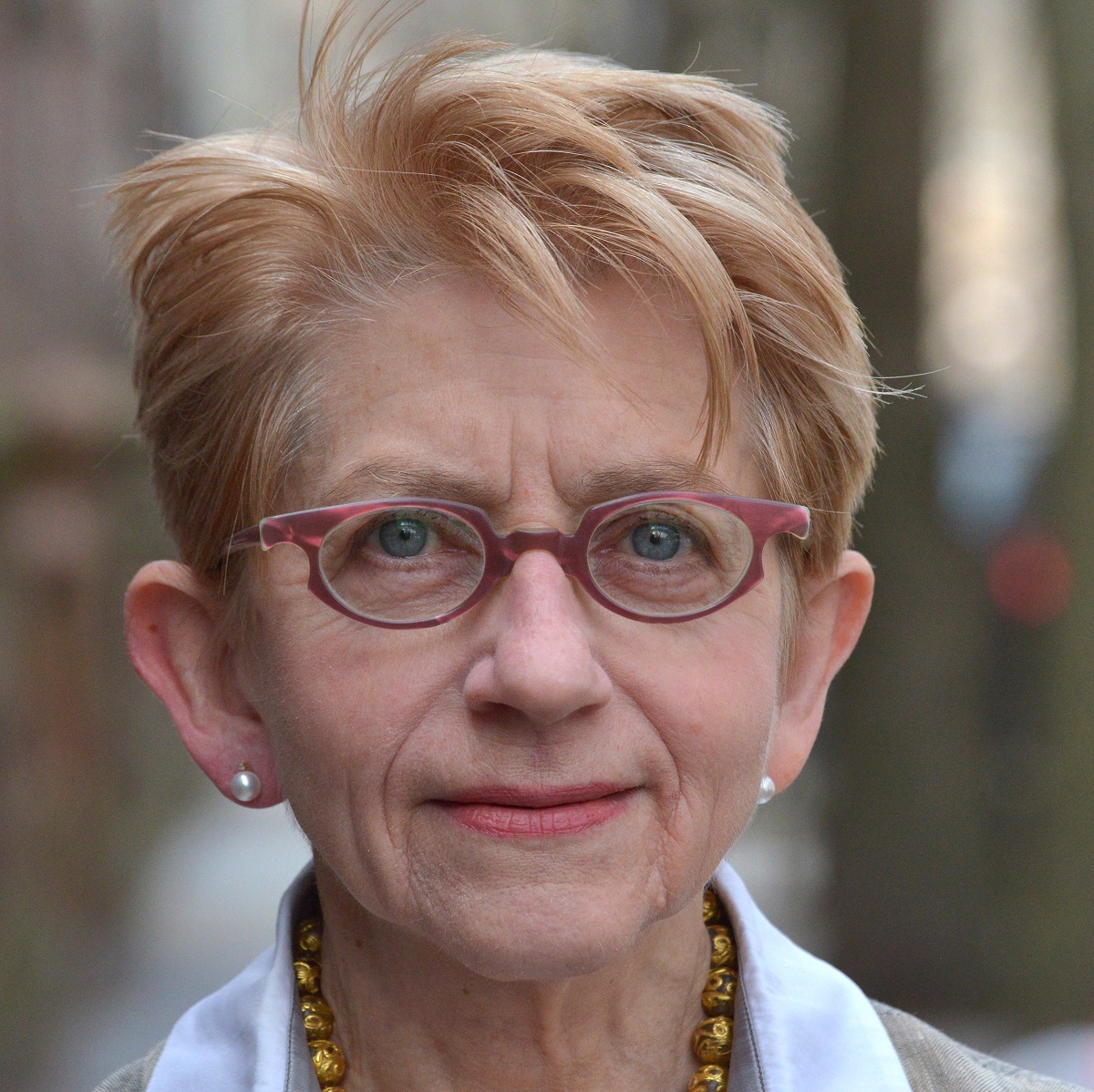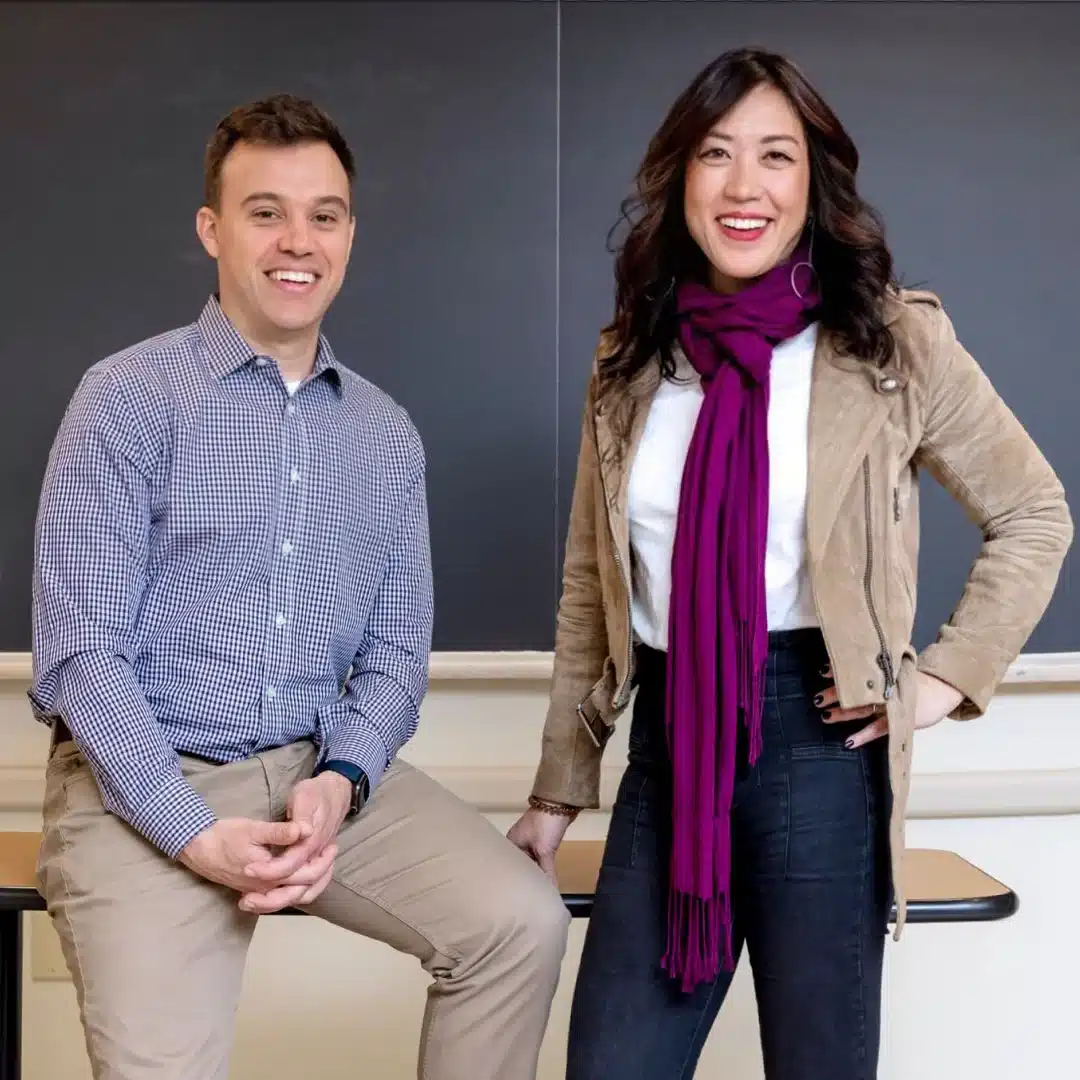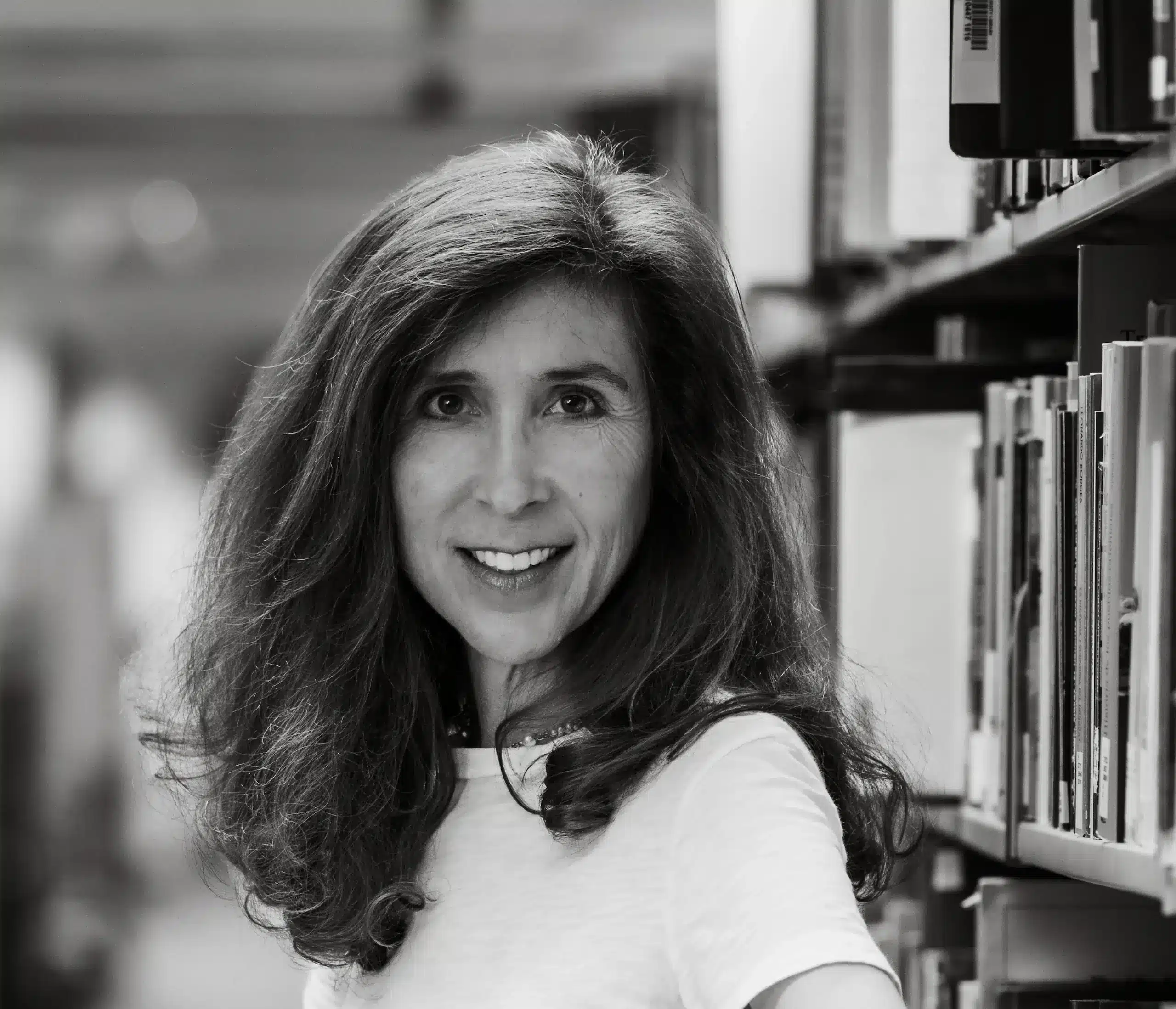
Alison Gopnik
Alison Gopnik
Dr. Alison Gopnik is an acclaimed speaker and a globally recognized authority on learning and development, with a specific focus on children and artificial intelligence. Her impactful TED Talk has garnered over 5.6 million views. She holds positions as a professor of psychology and an affiliate professor of philosophy at the University of California at Berkeley, and is an active member of the Berkeley AI Research group. Dr. Gopnik is a frequent guest on television, radio, and podcasts, with appearances including The Colbert Report, Radio Lab, and the Ezra Klein Show.
She is the author or coauthor of more than 160 journal articles and several bestselling and critically acclaimed books. Her notable works include The Scientist in the Crib, The Philosophical Baby, and The Gardener and the Carpenter. The Philosophical Baby and The Gardener and the Carpenter both received the Cognitive Development Society Best Book Prize in 2009 and 2016, respectively. Dr. Gopnik’s extensive writings on cognitive science and psychology have been featured in prominent publications such as The Atlantic, Science, The New York Times, Scientific American, The Times Literary Supplement, The New York Review of Books, New Scientist, and Slate. From 2013 to 2024, she contributed the Mind and Matter column to the Wall Street Journal.
Her numerous accolades include:
-
The Bradford Washburn Award for the Public Communication of Science
-
The Association for Psychological Science William James Life-Time Achievement Award
-
Society For Research in Child Development Distinguished Scientific Contribution to Child Development Life-Time Award
-
David E. Rumelhart Prize for Contributions to the Theoretical Foundations of Human Cognition
-
American Psychological Association Award for Distinguished Scientific Contributions
Dr. Alison Gopnik is an elected member of the National Academy of Sciences and the American Academy of Arts and Sciences. She is also a fellow of the Cognitive Science Society, the American Association for the Advancement of Science, and a Guggenheim Fellow. She has held distinguished visiting scholar positions at Caltech, Oxford, and Cambridge. Dr. Gopnik earned her BA from McGill University and her Ph.D. from Oxford University.
She resides in Berkeley, California, with her husband Alvy Ray Smith and is a mother of three and grandmother of six. You can connect with Dr. Alison Gopnik on Twitter and BlueSky for more information.
| Book Cover | Details |
|---|---|
|
Trade Paperback
|
In The Gardener and the Carpenter, Alison Gopnik, one of the world's leading child psychologists, illuminates the paradoxes of parenthood from a scientific perspective and shatters the myth of "good parenting".
Caring deeply about our children is part of what makes us human. Yet the thing we call “parenting” is a surprisingly n...Read More
|
|
Trade Paperback
|
In the last decade there has been a revolution in our understanding of the minds of infants and young children. We used to believe that babies were irrational, and that their thinking and experience were limited. Now Alison Gopnik — a leading psychologist and philosopher, as well as a mother — explains the cutting-edge scientific ...Read More
|
What AI Can Learn From 4-year-olds
Despite the recent advances in AI, even the best systems aren’t nearly as smart or as good at learning as 4 year olds. What can children do that AI can’t? How can this help us understand children and design more intelligent artificial systems?
The Nature of Caregiving
For most people, most of the time, caring for others,–young children and elderly parents, the sick and the needy–is at once one of the most meaningful, important, and morally compelling things we ever do–and one of the most difficult. With a few exceptions, however, this foundational human capacity has been oddly invisible in science, philosophy and psychology. Why do we care for helpless infants and for the ill and elderly? What does this mean for biology, philosophy, and religion? And how can we change policies to support care and caregivers?
The Scientist in the Crib: Why Children are the Best Learners in the Universe Alison argues that developmental psychology shows that children use the same learning techniques as the greatest scientists, and outlines in detail just what those learning methods are like.
What it’s Like to be a Baby Are babies more conscious than we are? Conventional wisdom suggests that babies are less conscious than we are if they are conscious at all. Alison argues on the contrary that recent neuroscientific discoveries suggest that babies are more aware of more of the world than we are.
Baby Love: What the Experience of Parenting Tells us about Morality, Identity and the Meaning of Life For most parents, having a baby is one of the most morally and spiritually profound, and unique, experiences of their lives. And yet philosophers and theologians have said very little about children. Alison outlines some of what caring for children tells us about the human condition.
The Science of Imagination and Imagination as Science Children spend many of their waking hours off in the crazy world of pretend play. What function does the wild imagination of childhood serve? Alison shows how the imagination of children’s play underpins adult science, culture and technology.

“Alison Gopnik and Anne-Marie Slaughter on Why We’re Not Paying Enough Attention to Caregiving”

“How to Raise Your Artificial Intelligence: A Conversation with Alison Gopnik and Melanie Mitchell”
![]()
“Why Adults Lose the ‘Beginner’s Mind'”
![]()
“The Ultimate Learning Machines”
![]()
Alison Gopnik The Wall Street Journal Columns

“Ezra Klein: Alison Gopnik changed how I think about love”
![]()
“4-Year-Olds Don’t Act Like Trump”

Check out Alison Gopnik’s contributions on Closer to Truth.

“We All Start Out As Scientists, But Some of Us Forget”

Praise for The Gardener and the Carpenter
“What a relief to find a book that takes a stand against the practice of “helicopter parenting” so prevalent today . . . [The Gardener and the Carpenter] not only dispels the myth of a single best model for good parenting but also backs up its proposals with real-life examples and research studies . . . This book will provide helpful inspiration for parents and may prompt some to rethink their strategies.”
— Publishers Weekly (starred review)
Praise for The Philosophical Baby
“[Gopnik’s] account of what the science of recent decades has had to say about infants’ minds tells a fascinating story of how we become the grown-ups that we are.”
— The New York Times
“One of our best writers, Alison Gopnik reveals the inner workings of those minds that have been wrapped in mystery for all of human time: our children’s.”
— Daniel Levitin, author of This Is Your Brain on Music
“[A] fascinating and thought-provoking new book . . . For all the heavy subject matter, The Philosophical Baby is never ponderous. In fact, Gopnik explores the subject of how children think with a fresh, enthusiastic and wry voice . . . Fun and fascinating, The Philosophical Baby is a must-read for anyone who wants to better understand child development and what it means to be human.”
— Amy Scribner, Bookpage
“Gopnik is a fine writer, and her wit enlivens a subject that could easily veer into the overly abstract . . . She is also passionate about her subject. The Philosophical Baby isn’t simply a summary of recent research on young minds. Rather, Gopnik seeks to place early childhood in the context of 2,500 years of Western philosophy.”
— Mark Sloan, San Francisco Chronicle






